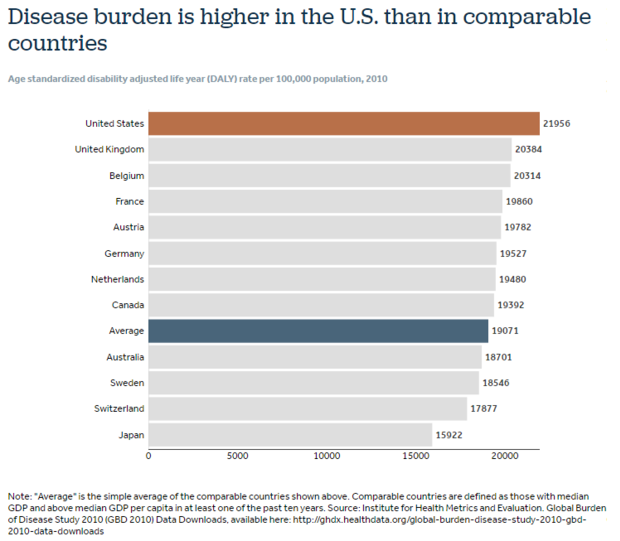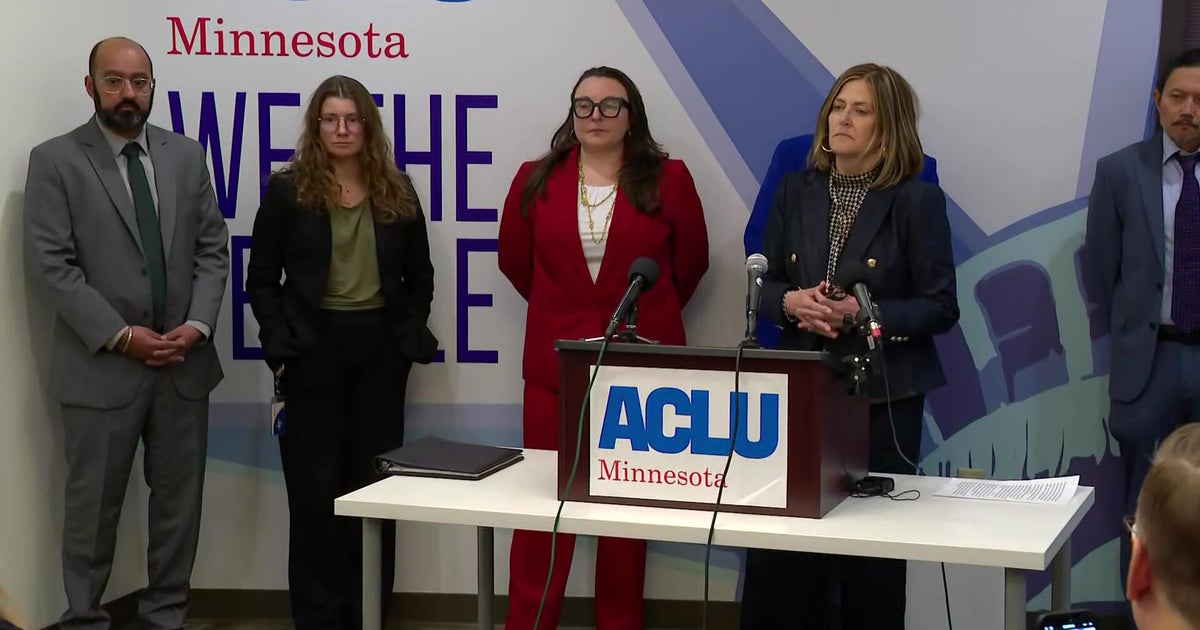Trump says Australia's health care beats the U.S.'s: He's right
Just hours after House Republicans moved forward with their new health plan, President Trump took a moment to praise a completely different health-care system. Australia, he said, has "better health care than we do."
Mr. Trump's assessment of Australia's health-care system came as he also promised the American Health Care Act (ACHA) would be "fantastic health care." Republicans in the House on Thursday voted to repeal the Affordable Care Act and replace it with the ACHA. The president's statements beg two questions: just how does Australia's health-care system compare to the current U.S. system, and will the ACHA help raise U.S. standards?
By many measures, Australia's health-care system provides better outcomes at a lower cost than the U.S. system, according to data tracked by the Peterson-Kaiser Health System Tracker. Australia's government provides free or subsidized health care for Australian citizens as well as those with permanent visas, providing what's considered universal health care. In the U.S., about one in 10 residents lacks health insurance, according to the Henry J. Kaiser Family Foundation.
The U.S. has the lowest life expectancy and the highest disease burden among comparable developed countries, including Australia, the Peterson-Kaiser Health System Tracker notes. The U.S. spends about $8,745 per capita on health care costs, compared with less than half that -- $3,997 per person -- in Australia.
"The U.S. has the highest disease burden rate among comparable countries," said Cynthia Cox, an associate director for health policy and economics research at the Kaiser Foundations. "That's a sign the health-care system is working better in Australia than the U.S."
To be sure, the statistics on Americans' shorter life spans and higher rates of disease could be tied to behaviors or other issues, such as pollution or income inequality. America's high level of income inequality is tied to stark disparities in lifespans between the rich and poor, with researchers finding that the richest 1 percent of U.S. men now live 14.6 years longer than the bottom 1 percent.
A majority of Americans believe the federal government has a responsibility to ensure health-care coverage, according to a January poll from Pew Research Center. The Affordable Care Act, which is now in jeopardy, was the closest the country has ever gotten to universal health care, Cox said.
"If anything, we would be going back to the way things were before the Affordable Care Act" if the ACHA becomes law, Cox said.
Australia pays for its health-care plan by taxing its residents between 2 percent to 3.5 percent of their income. Almost six out of 10 adult Australians also carry private health insurance, which covers treatment that's not included in the public insurance, such as dental care, while also providing more options for hospital choice and doctors.
In a 2014 Commonwealth Fund study of health care in 11 countries including Australia and the U.S., the U.S. ranked last. American also ranked last in 2010, 2007, 2006 and 2004. Australia was No. 4, while the top-rated healthcare system was in the U.K.
Boosters of America's health-care system sometimes point to the longer wait times for treatment that some patients can encounter in countries with universal health-care plans. About three-quarters of Americans are able to see a specialist within four weeks, compared with 80 percent of U.K. residents. About 51 percent of Australians are able to see a specialist within four weeks.
The ACHA may lead to lower health-care spending, but not because the law would make the American system more efficient. The Congressional Budget Office examined the original version of the House bill, but hasn't yet analyzed the version just passed. It estimated that 24 million Americans would be without health coverage a decade after the ACA's repeal.
"A large part of it would be fewer people are insured, so they don't have access to health care and aren't spending a lot on health care," Cox noted. "Health outcomes is a bigger question that would take a longer time to see."






